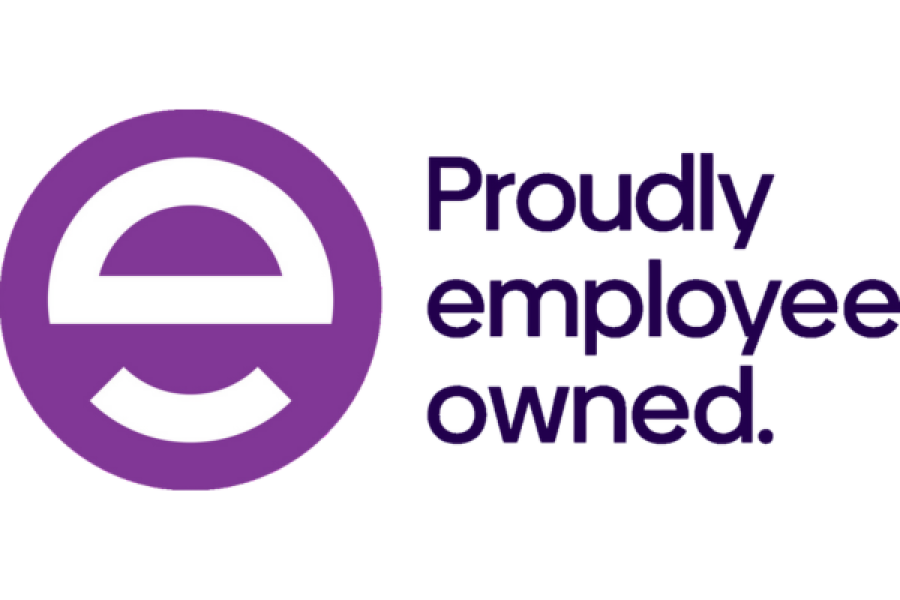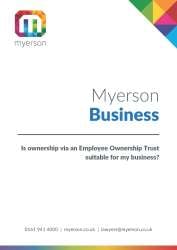One of the main benefits of EOT ownership for employees is that it offers indirect employee ownership whereby the shares in the capital of the company are held on trust for the benefit of the company's employees.
This is particularly beneficial for senior employees of the business that might be seen as potential successor owners as under the EOT ownership model, there is no individual contribution or liability for any employee of the company, and therefore, one of the inherent risks associated with being a direct owner of a company is removed.
The company's employees that an EOT owns can also benefit from the company's future success and be eligible to receive an annual bonus of up to £3,600, which will be income tax-free (although bonuses will remain subject to national insurance contributions).
However, this relief is only available if certain conditions are satisfied, some of which mirror those applicable for CGT relief.
Whilst the employees will not be able to control the direction of the company, if there is a large employee pool, the business could choose to set up an employee council, whose role will be to listen to the concerns of employees and feed those back to the trustee which may influence how the company operates.
The sale of shares in a company to an EOT can also offer continuity to the current employees as there may be less change than what they may otherwise experience if the company was sold to a third-party buyer (as the selling shareholders are likely to stay in place as the company's management team).













